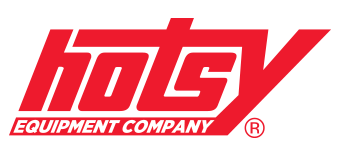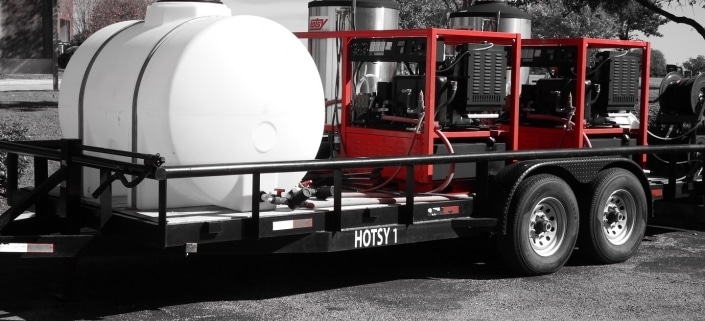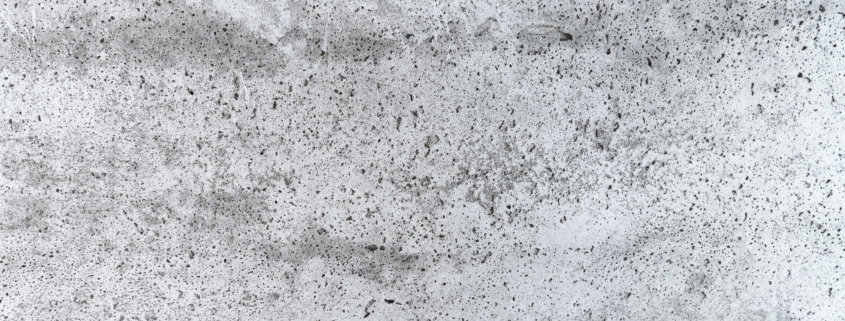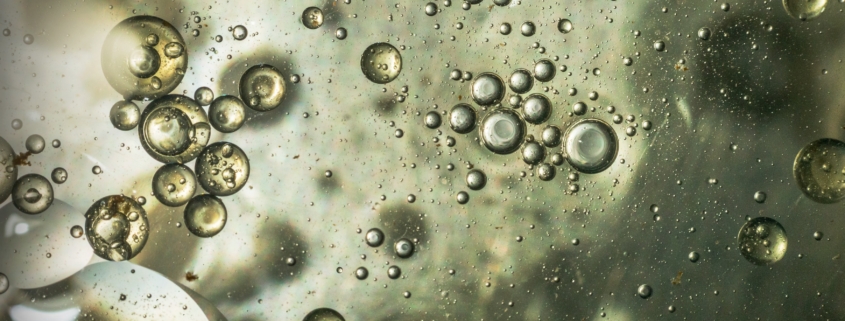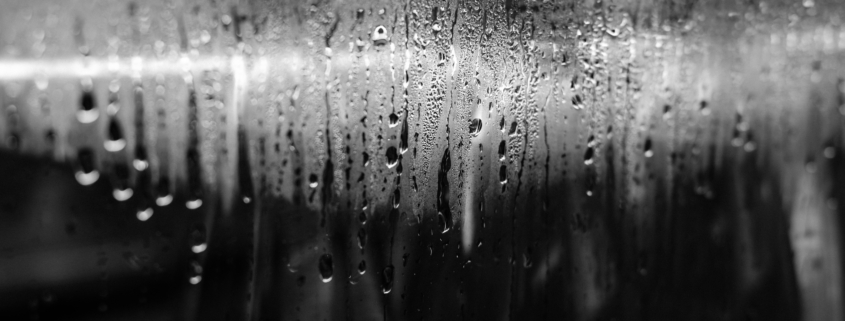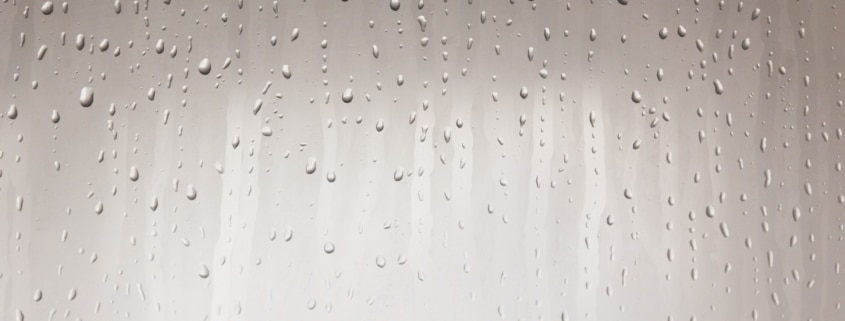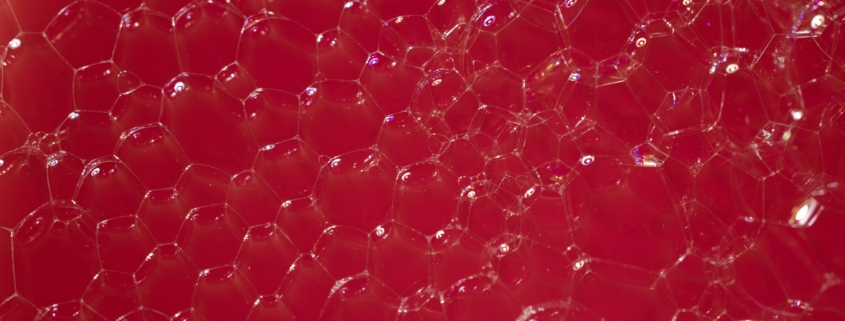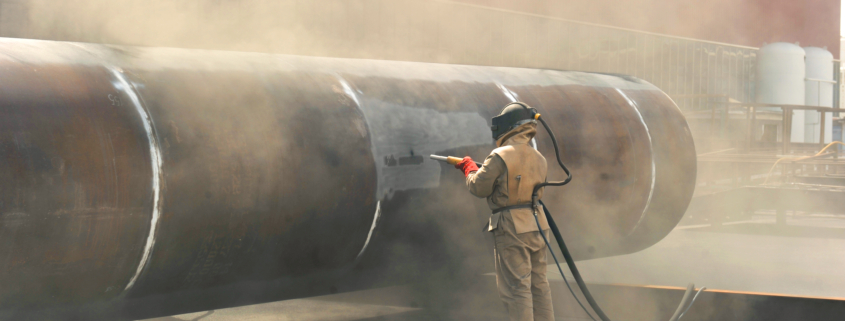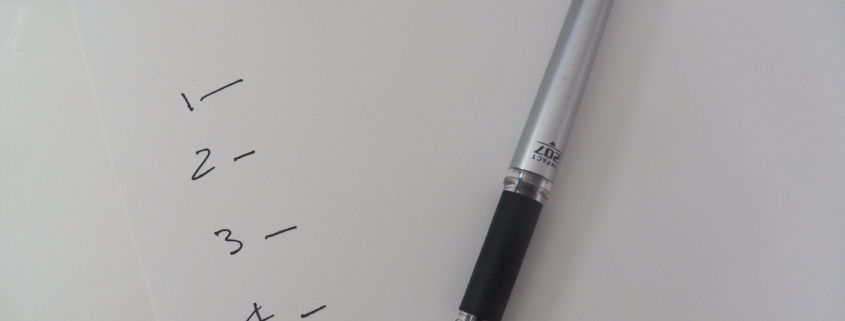How much does it cost to rent a pressure washer? If you’re a business owner considering renting a power washer you want to get a better gauge of what you can expect to pay. After all, pricing influences whether rental makes the most sense for you or if you’re better off buying a unit or outsourcing pressure washing instead.
As you’ll discover below, there are quite a few factors influencing the cost to rent a pressure washer – including the specific caliber of machine you need, how long you need it for, your specific location, and a whole lot more. Nevertheless, we’ll unpack each of the factors you need to know to help you gain a more clear answer on how much to rent a pressure washer costs.
And whether you choose to rent or buy a unit, you can count on the high-quality equipment available in our San Antonio commercial pressure washing store. We offer both high-quality commercial hot water pressure for sale along with a stellar commercial pressure washer rental service.
By the time you finish reading this guide, you’ll see why Hotsy is the most trusted source for all things industrial pressure washing. For now, let’s get into the factors affecting how much to rent a pressure washer.
Factors Affecting How Much to Rent a Pressure Washer
Unfortunately “how much does it cost to rent a pressure washer?” doesn’t have a clear one-size-fits-all answer. The factors that influence your price of rental include location, the type of pressure washer, the power of your unit, how long you rent it, seasonal demand, delivery/pickup, accessories needed, and more.
Each pressure washer rental company has its own prices laid out, so your best bet is to simply start reaching out to companies near you and getting quotes. With that said, here’s a quick explanation of the various factors that dictate how much it costs to rent a pressure washer:
Type of Pressure Washer
There are different types of pressure washers, and each type has a different rental cost.
One key consideration is whether you’ll rent an electric vs gas pressure washer. Gas-powered units are usually more powerful and can clean larger areas, but they also tend to be more expensive to rent than electric-powered units. Ultimately, your specific choice will be influenced by where you’re cleaning – but sometimes, you can choose one or the other, and electric units are definitely cheaper!
Similarly, you’ll have to consider whether you want to rent a hot water vs cold water pressure washer. Hot water pressure washers are also more expensive to rent than cold water units since they’re more effective at removing tough stains and grime. If you aren’t cleaning intense, tough messes, you are probably fine with just a simple cold water solution, and you can save money this way.
Pressure and Flow Rate
Beyond the type of pressure washer you rent, how much it costs to rent a pressure washer is influenced by the power of your unit. To get a bit more specific, the pressure and flow rate of the pressure washer determine its cleaning power. Higher pressure and flow rate units will typically have a higher rental cost since they can clean more quickly and effectively.
Now – you may assume that higher PSI or GPM is a good thing. And in some cases, that’s true. But in the interest of getting the most bang for your buck, you should learn what is a good PSI for a pressure washer and the best GPM for pressure washers based on your unique needs. You don’t need to pay more for extra power/output if you don’t need it!
Duration of Rental
Rental prices are typically structured based on the length of time you need the pressure washer. The longer the rental period, the more you can expect to pay. However, some rental companies may offer discounts for longer rental periods, so it’s always a good idea to ask about pricing options. But depending on how long you’re going to rent the unit – and how often you need to rent a unit – it may make more sense to buy a unit outright. We’ll discuss this later on as well.
Seasonal Demand
While there isn’t technically a pressure washing season, the demand for pressure washers can fluctuate during warm seasons like spring and summer. As such, rental prices may be higher due to this increased demand. If you can plan ahead and rent during the “off-season”, you may be able to get a better deal. You can technically pressure wash year-round, so renting in the winter may make more sense if you just have annual cleaning needs.
Location
The location of the rental company can also affect the rental cost. This is just like the cost of living – it’s higher in some cities than others. What you’ll pay to rent a Hotsy here in South Texas is likely less than you’d pay to rent a Hotsy in Southern California or New York City. If you’re willing to travel a bit further to rent a pressure washer, you may be able to find a better deal.
Delivery and Pickup
If you need the pressure washer delivered and picked up, there may be an additional charge for transportation. If you have a truck or trailer and can transport the pressure washer yourself, you may be able to save on this cost.
Accessories, Add-ons, & Soap
The rental price may include basic accessories like hoses and nozzles, but additional add-ons like surface cleaners or extension wands may cost extra. Make sure to ask about the cost of any accessories you may need to ensure you’re getting the best deal. You can read our article on the best pressure washing attachments to learn more.
The other thing you’ll need to buy along with your rental is pressure washer soap. This added cost helps you work faster and more effectively, working through tough messes & stains effortlessly. In our blog, you can learn more about how to use a pressure washer with detergent – including which specific solutions at Hotsy are the best soaps for pressure washing your specific messes.
But for now, let’s get to the root of our conversation today…how much does it cost to rent a pressure washer on average?
So, How Much Does it Cost to Rent a Pressure Washer? Average Costs Nationwide & Here in Texas
So, with all that said, how much does it cost to rent a pressure washer on average? Here in the USA, you can expect to pay as little as $50/day or as high as $400/day. Below. We’ll cover a better breakdown of average prices not just nationally, but here in Texas specifically:
National Average Pressure Washer Rental Cost:
- Cold Water Electric: $50-$100 per day, $150-$350 per week
- Cold Water Gas: $80-$200 per day, $250-$550 per week
- Hot Water Electric: $150-$250 per day, $600-$800 per week
- Hot Water Gas: $200-$400 per day, $800-$1200 per week
Texas Average Pressure Washer Rental Cost:
- Cold Water Electric: $40-$80 per day, $125-$250 per week
- Cold Water Gas: $60-$150 per day, $200-$400 per week
- Hot Water Electric: $125-$200 per day, $500-$700 per week
- Hot Water Gas: $175-$350 per day, $700-$1000 per week
A Quick Disclaimer on These Pressure Washer Rental Cost Averages…
It’s important to note that these are just average costs, and prices can vary depending on the rental company, the type of pressure washer, the duration of the rental, and other factors. As such, it’s always a good idea to compare prices from multiple rental companies and ask about any available discounts or promotions to ensure you’re getting the best deal.
But with all this being said, we want to warn you against using the cost of renting a pressure washer as your end all be all in the decision-making process…
Don’t Let Price be the Only Consideration When Renting a Pressure Washer…
Now, you obviously came here to learn how much to rent a pressure washer because price matters to you as it should. But we want to offer a word of caution as you set out on your journey to find the lowest price possible: you get what you pay for! While it’s tempting to cut costs as much as possible to maintain profitability, you end up paying more in the long run if you rent a cheap, low-quality pressure washer. Here’s why:
These more budget-friendly units work slower and less effectively. You spend more time cleaning with them than you would a higher-powered, more sophisticated system. The end result? You pay more in labor despite the savings in rental fees.
What’s more, you open up the door for problems with your machinery when you skimp on quality in the interest of savings. Wasted time from pressure washer troubleshooting or waiting around for your rental service to come out and replace the system really adds up.
We say all of this to get to this point: you should prioritize quality cleaning and reliability over cost. With that said, you can experience the best of both worlds by getting your equipment at Hotsy…
Unlock the Most Efficient, Effective Cleaning Process With Hotsy’s Affordable Pressure Washer Rental Service!
At Hosty, you can experience the most simple, seamless, and affordable pressure washer rental experience every step of the way. We have over four decades of experience helping business owners leverage the power of the best commercial power washers on the market. You can unlock the most efficient, effective cleaning process possible with our machinery!
With over 80 different models to choose from, finding the right fit for your budget and your cleaning needs is easy. We have simple hot and cold water units to full-fledged commercial trailer pressure washers. And in the rare event that something goes wrong, you can expect us to head your way immediately with a replacement unit so you can eliminate costly downtime.
But if you decide it makes more sense to purchase a unit rather than rent one, you can invest in your operation at Hotsy too. Our equipment is as dependable as you’ll find in the industry, offering years and years of reliable use. You can even keep your machine running smoothly and enjoy peace of mind through our pressure washer service program.
To top it all off, we have all the attachments and detergents you need to really optimize your cleaning process and work quickly and effectively. There’s a reason South Texas businesses trust Hotsy with all their cleaning needs – no matter how big or small. Reach out today or stop by to see how our equipment can accommodate your unique cleaning requirements!
Parting Thoughts on How Much to Rent a Pressure Washer
So how much does it cost to rent a pressure washer? In summary, the average pressure washer rental cost is influenced by a myriad of factors: the type of unit & its capabilities, your location, the duration of the rental, and pick-up/drop-off requirements, and seasonality.
With that said, you can expect to pay as little as $40/day in Texas or as much as $350/day. Where you fall on that scale is determined by your unique needs.
Now that you know how much to rent a pressure washer, it’s time to weigh the costs and assess whether it makes more sense to invest in your own unit or rent one every so often. If you’re not positive, this is a decision we can help you navigate at Hotsy. We’re here to take all the stress of commercial cleaning off your shoulders through our detailed pressure washing resources/advice and industry-leading equipment.
So, what are you waiting for? If you’re in South Texas, get in touch today to discuss how much it costs to rent a pressure washer at Hotsy!
